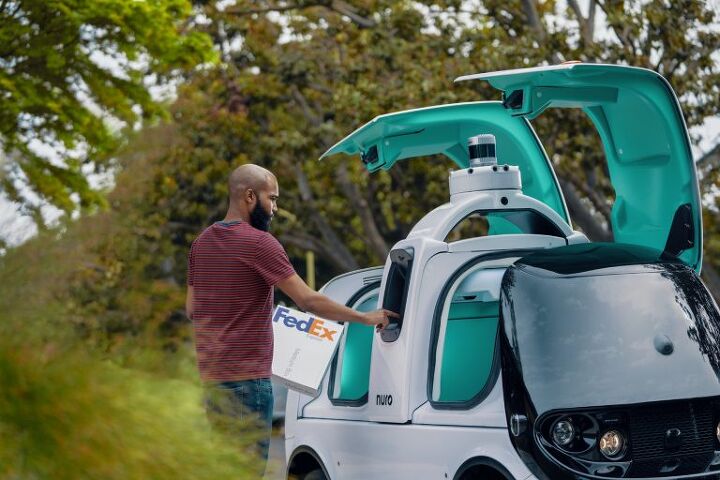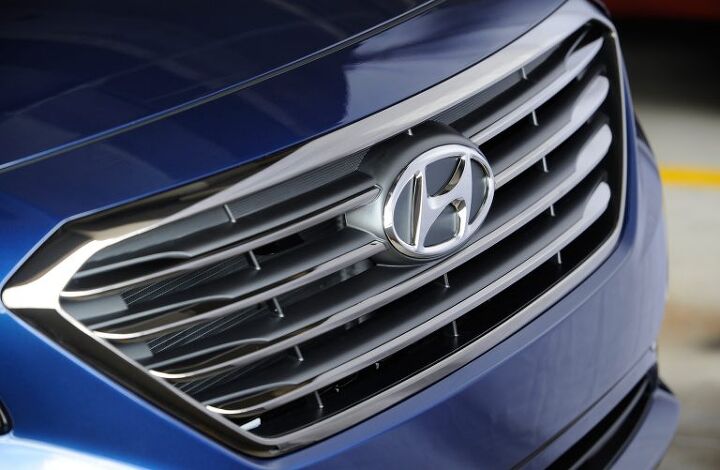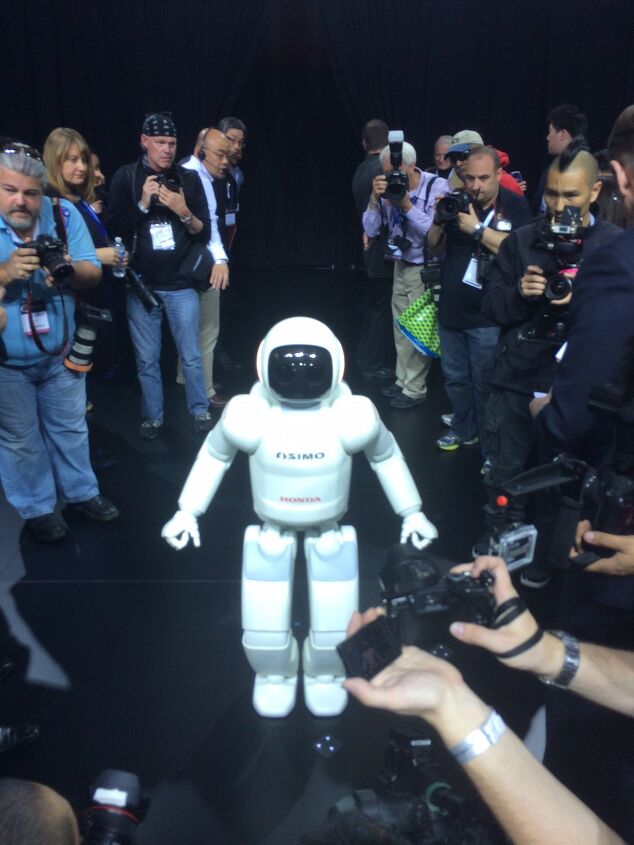#robotics
Nuro Raises $600 Million, Valuation Reaches $8.6 Billion
While the concept of mobility has often turned out to be a buzz phrase used by executives unsure of where to place hypothetical revenue streams and burgeoning technologies, it has simultaneously yielded a handful of enterprising business premises with the potential to stand on their own. Nuro, the American robotics company fielding pint-sized delivery drones, is among them and has made a case for itself by eliminating humans from the equation entirely and providing unique scenarios for its services.
The startup has been getting a smattering of positive attention since its formation in 2015 and recently raised $600 million during its latest funding round, bringing its valuation to an impressive $8.6 billion.
Report: Hyundai Embracing Subscription-based Features, Buying Boston Dynamics
Following reports that Hyundai Motor Company managed to purchase American engineering and robotics firm Boston Dynamics from Japanese financial conglomerate SoftBank for a cool $921 million, we’ve learned that the South Korean automaker has also fallen into embracing on-demand features. The trend, which is sweeping through the automotive industry to our dismay, basically involves manufacturers hiding vehicle options behind a subscription paywall instead of just letting you purchase the options you wanted upfront.
That means tomorrow’s car shopper might find themselves buying a vehicle that’s already fully loaded from the factory only find themselves forced to unlock heated seats or an upgraded sound system via monthly payments. In our estimation, the whole concept is ludicrously wasteful, diminishes the private resale values of automobiles, and seems like the kind of corporate nonsense reserved for dystopian fiction novels.
Ford Is 'Exploring' Robots…
This outlet has frequently made light of Ford’s more imaginative mobility projects, but they’ve spanned the gamut in terms of functionality. While dressing up college students to resemble a car seat in order to test the public’s perception of autonomous vehicles was certainly funny, it also provided some meaningful R&D insight. Meanwhile, Carr-E and the automaker’s lane-keeping bed were little more than comic distractions, outperforming many of today’s hottest stand-up entertainers in terms of laughs per minute.
However, Ford’s latest project deserves to be taken more seriously. It’s both far more useful than what we’ve grown accustomed to and holds far broader implications for society.
As Its Automotive and Robotic Programs Languish, Honda Tries to Rekindle the Spirit of Innovation
Honda wants to up its software game and encourage creative uses for ones and zeros at its new research and development center. With ASIMO — the company’s adorable robot mascot — almost old enough to smoke, Honda hasn’t developed a super-high-profile gizmo in nearly 17 years.
Recently, the company took a distinctive back-to-basics approach to address slipping quality, though CEO Takahiro Hachigo confessed that rekindling the R&D “spirit” would be the other half of building a better Honda Motor Co.
With those goals in mind, Tokyo’s Honda Innovation Lab opened its doors to the press on Tuesday as the company announced it will be forming a specific unit to focus on the development of software-laden technology for its next generation of vehicles.
Toyota Launches AI Efforts With $1 Billion Investment
Toyota will open a new artificial and robotics R&D company to be called Toyota Research Institute, Inc. (TRI) with an initial investment of $1 billion to open two locations in the United States, the automaker announced Friday.
TRI, which will make its headquarters in Palo Alto, California and establish another office in Cambridge, Massachusetts near MIT, will be led by Dr. Gill Pratt, a former academic in the field of engineering and program manager at DARPA.
“The investment is in addition to the $50 million investment over the next five years with MIT and Stanford to establish joint fundamental artificial intelligence research centers at each university,” said the automaker in a release.
Honda's Next Innovation In Driverless Cars Has Two Legs, Not Four Wheels
Last week’s New York Auto Show saw Honda make a robot – and not a car – the centerpiece of its press conference. Even though it had a very important new product to introduce, Honda instead chose to have ASIMO do a song and dance number, and then promptly depart in the middle, due to (an admittedly adorable) case of “stage fright”.






















Recent Comments